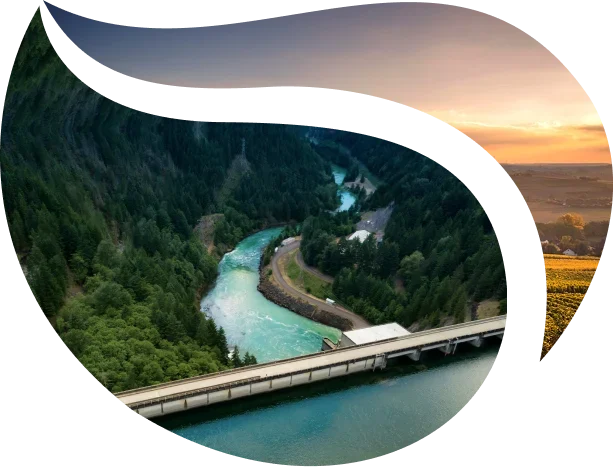Sponsored by
NATIONAL OCEANIC AND ATMOSPHERIC ADMINISTRATION
U.S. GEOLOGICAL SURVEY
More than ever before, environmental science-based programs of the federal government are being scrutinized because of mounting budgetary pressures. Such programs must be efficient, efficacious, and closely aligned with agency objectives. At the same time, the need for science-based management of natural resources has never been greater. Environmental challenges faced by federal agencies are multiplying, and are increasingly complex and technical–and adverse impacts on the environment are increasing. Thus, despite budgetary pressures to the contrary, the U.S. needs to invest more on environmental science and management–not less.
Natural resources are facing new and growing pressures as human population and associated development increases. Especially significant pressures include demands relative to water quality and availability, increasing demands for natural resources, expanding energy development on public lands and associated environmental impacts, and declining terrestrial and marine environments (including the free fall of numerous marine fisheries).
Federal agencies are responding to these pressures with innovative environmental science programs, including the U.S. Geological Survey’s water resources program, the USDA Forest Service’s research and development programs, and the National Oceanic and Atmospheric Administration’s National Marine Fisheries Service sustainable fisheries program. An examination of the environmental science and management programs featured in case studies identified the ingredients of their success, and suggested avenues for further refinement and enhancements.
The overall goals of the congress were to showcase, critique, and offer recommendations for improving vital natural resources programs. Findings and recommendations for expanding the successes of these programs and overcoming program challenges were developed through interdisciplinary discussion and action. To achieve these goals, the congress focused on the following objectives:
– Provide an interactive forum for researchers and policymakers to discuss the state of environmental science within federal agencies.
– Examine critical environmental science programs and assess opportunities to translate successes to other programs and to learn from program challenges.
– Identify opportunities for the professional and scientific community, universities, federal and state agencies, and NGOs to contribute to expanding programs’ successes and overcoming the identified challenges. Such efforts can include building understanding of the issues; engaging in technical assistance type activities; and/or serving as clearinghouses for necessary information.
